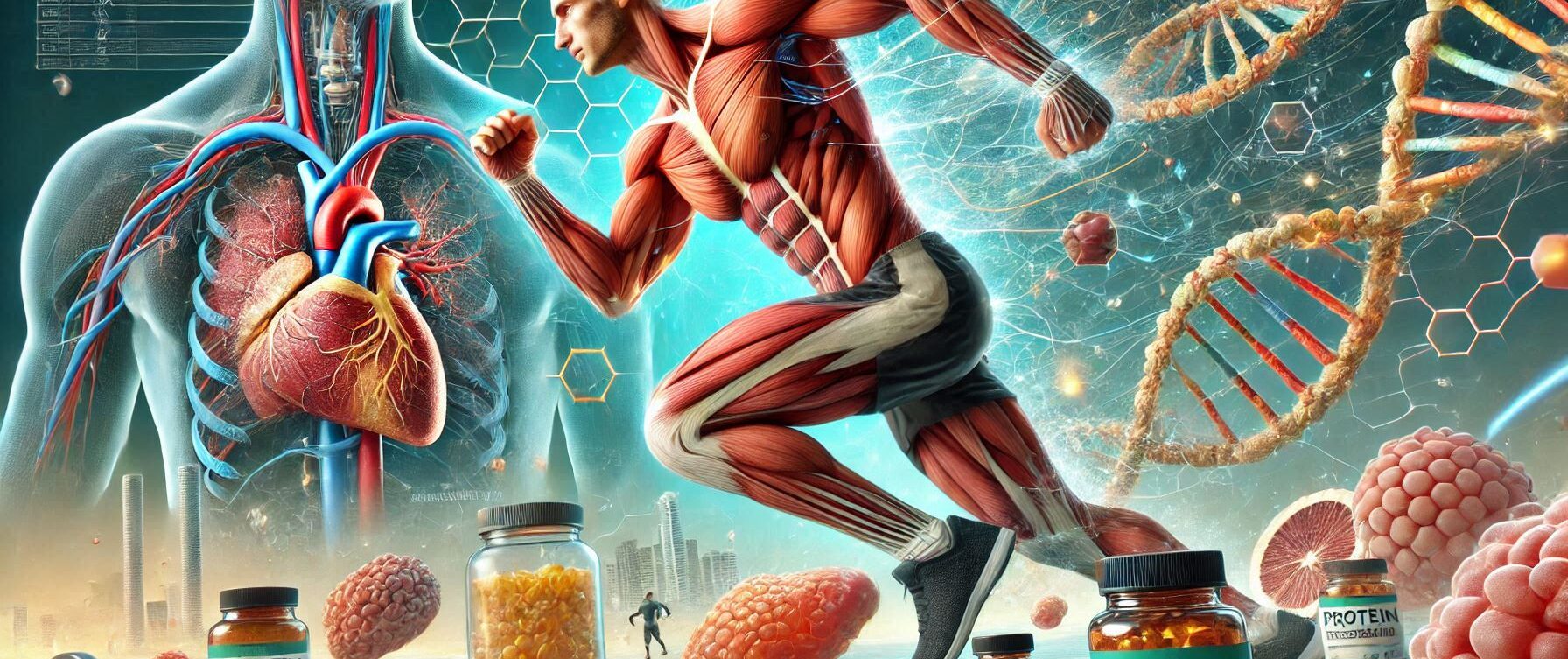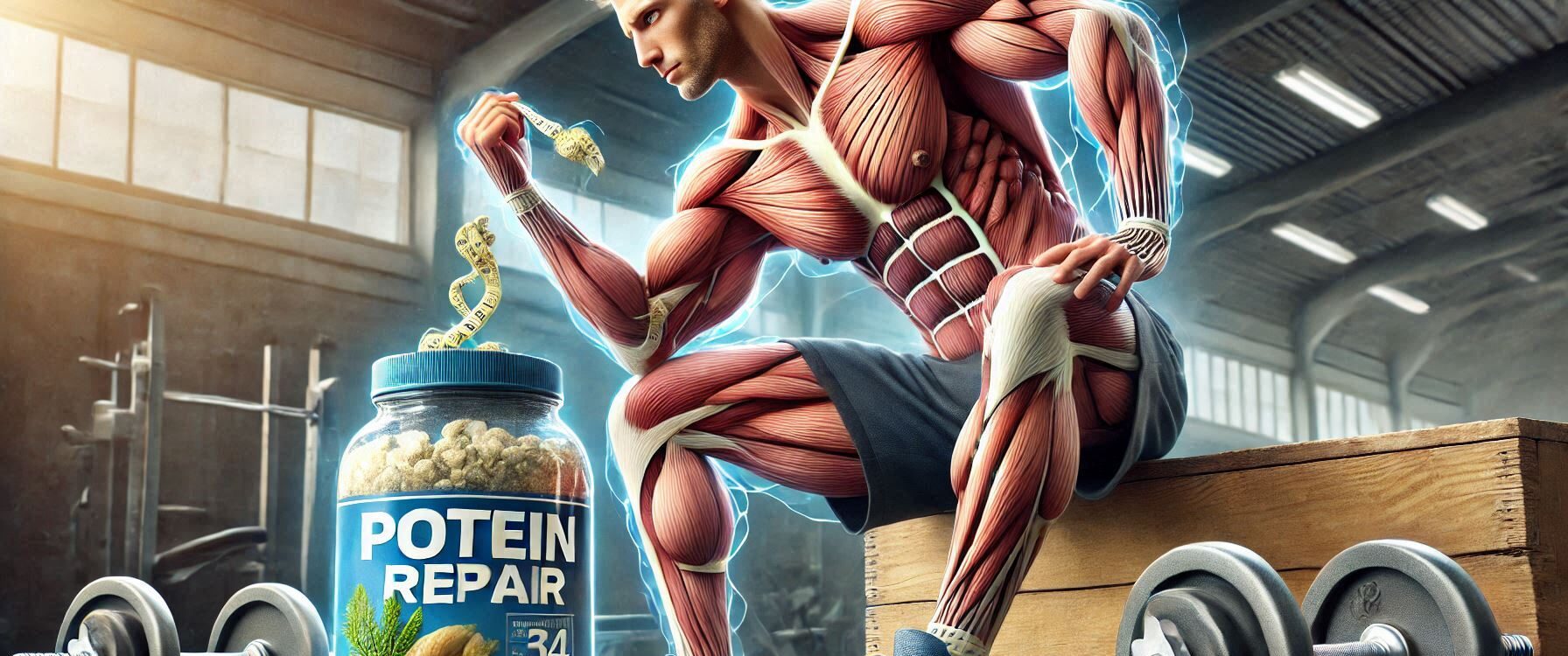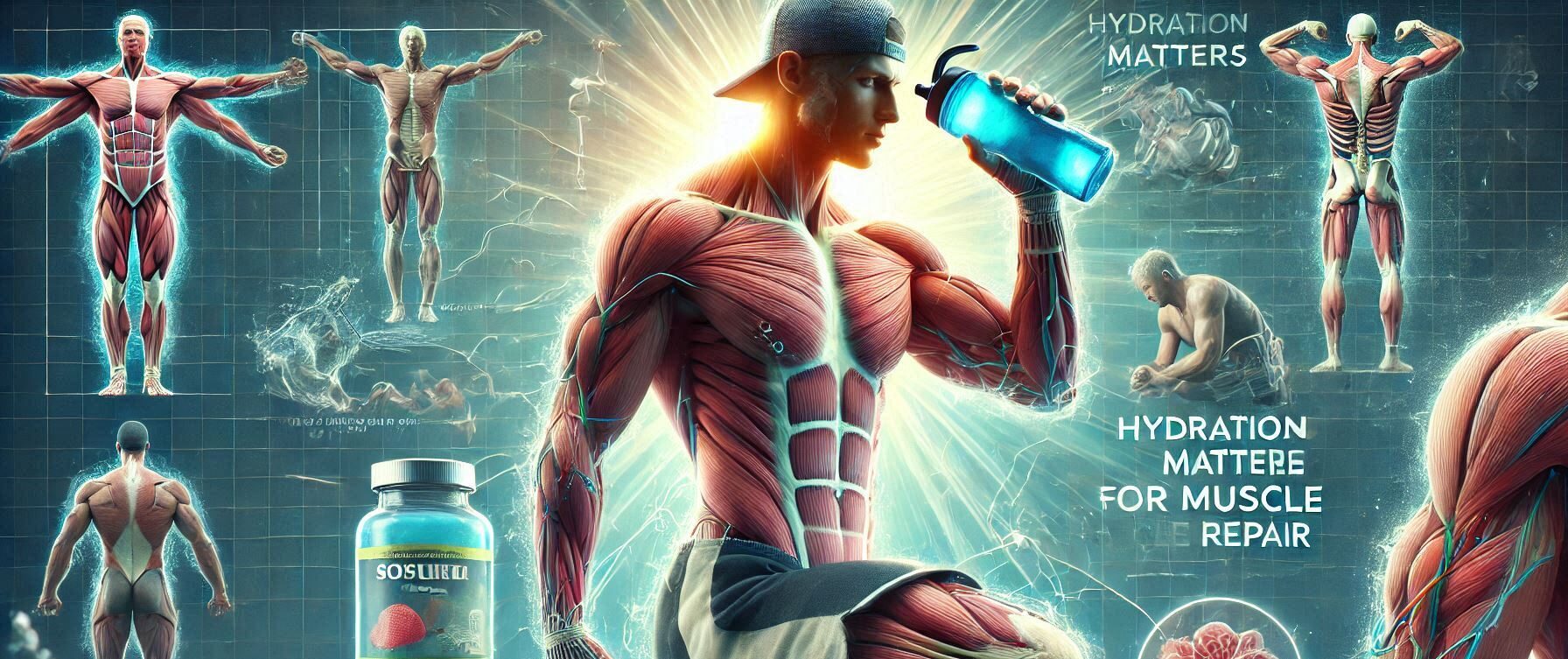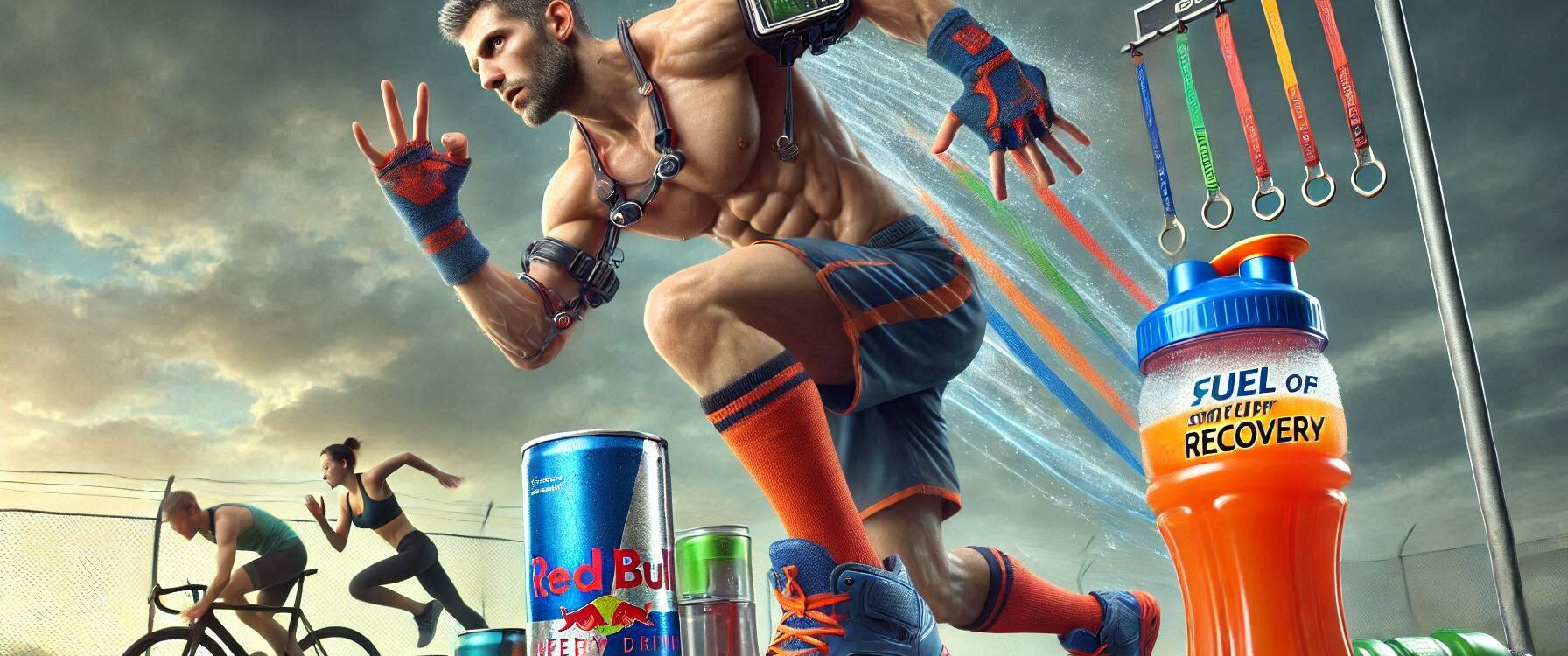Top Takeaways and Key Concepts
Protein aids muscle recovery: After a run, protein helps repair muscle tears and rebuild strength.
Choose diverse protein sources: Mix plant-based and animal proteins like beans, chicken, and tofu for variety.
Timing matters: Consume protein within 30 minutes of finishing your run for optimal recovery.
Hydrate with electrolytes: Drink water and electrolyte-rich beverages like coconut water to speed up recovery.
Listen to your body: Adjust protein intake based on your energy needs after different runs.
Summary of This Article
This article emphasizes the importance of proper post-run nutrition, particularly protein, for muscle recovery. It explains that protein helps repair the micro-tears in muscles from running and highlights the best times to consume it—within 30 minutes post-run. It also suggests a variety of protein sources, including plant-based options, and stresses the need for hydration with water and electrolytes. Additionally, the article encourages runners to listen to their body’s signals and experiment with nutrition to find what works best for individual recovery needs.

After a long run, you might find yourself in need of some serious muscle repair. I mean, let’s face it: running can feel like an extreme sport at times—especially when that last mile feels like you’re dragging a boulder behind you. So, what’s the secret sauce to help your muscles bounce back? Spoiler alert: it’s protein! This magical macronutrient is not just for bodybuilders flexing in front of mirrors; it plays a crucial role in recovery for all of us, especially those who take joy in pounding the pavement.
Please Note: This post may contain affiliate links. If you click one of them, we may receive a commission at no extra cost to you. As an Amazon Associate, I earn from qualifying purchases.
Understanding Muscle Repair

First off, let's talk about what happens to your muscles during a run. Picture this: you're out there feeling like a gazelle (or maybe more like a lumbering hippo), and every step sends tiny tears through your muscle fibers. It sounds painful because it is—at least temporarily! These micro-tears are actually part of how our bodies build stronger muscles over time. But without proper repair afterward, those sore legs could turn into an excuse to binge-watch TV instead of hitting the trails again.
This is where protein struts onto the stage like the superhero we didn’t know we needed. When consumed after exercise, protein helps kickstart the repair process by providing essential amino acids—the building blocks that patch up our tired muscles faster than I can say “I’ll never run again.”
Choosing Your Protein Sources

Now that we’ve established how vital protein is, let’s figure out where to get this magical nutrient. You could go for classic options like chicken or fish—both great choices unless you’re vegetarian or vegan. In that case, fear not! There are plenty of plant-based proteins available too. Think beans, lentils, quinoa, and even tofu if you want to channel your inner culinary wizard.
Interestingly enough, I once made a post-run smoothie with spinach and peanut butter thinking I was being healthy only to realize later that my blender had transformed my kitchen into something resembling a green monster factory. But hey, at least I was getting my protein!
Timing for Protein Intake for Muscle Repair

You might be wondering when exactly should you consume this precious protein? Well, timing can make all the difference between feeling like a champion or regretting life choices on the couch with ice packs strapped to your legs. The golden window for optimal recovery is usually within 30 minutes after finishing your run.
Think about it: you've just put in all that hard work; why not reward yourself with something delicious? A shake packed with protein powder mixed with fruits might sound cliché but trust me—it does wonders! Plus, who doesn’t love sipping their way back from exhaustion while pretending they’re on some kind of wellness retreat?
Mixing It Up with Protein Intake

Variety is key here because nobody wants to eat plain chicken every day unless they have aspirations of becoming one-dimensional—like cardboard! Try mixing different sources together for maximum flavor and nutrition impact. A yogurt parfait layered with granola and berries can pack quite the punch while also satisfying any sweet cravings.
On another note, don’t overlook snacks either! Protein bars or trail mix containing nuts can provide quick fixes throughout busy days when cooking isn’t an option—or if you're simply too lazy after running 10 miles (no judgment here!).
Hydration Matters for Muscle Repair

While we’re focused on protein today (and rightfully so), hydration shouldn’t be neglected either! Imagine trying to fix up an old car without water—you wouldn’t get very far before everything overheated and broke down! After runs, replenishing fluids alongside proteins helps speed recovery along even more effectively.
Electrolytes play their part as well; think about incorporating coconut water or electrolyte drinks into your routine as they help restore lost minerals during sweaty workouts.
Listening To Your Body

At the end of the day—and honestly speaking—everyone's body reacts differently post-run depending on various factors including intensity level and individual dietary needs. Trust me when I say there will be days when you feel invincible followed by others where stairs look daunting!
So pay attention: If your body craves more fuel than usual after longer runs (and trust me—it will), give yourself permission to indulge slightly without guilt because ultimately fueling properly leads toward improved performance overall!
Experimentation Is Vital
The bottom line comes down to experimenting until you find what works best for YOU personally regarding both types & amounts consumed post-exercise sessions regularly over time until achieving desired results becomes second nature rather than stressful chore-like task requiring meticulous planning each week ahead beforehand!
In conclusion—with patience & dedication towards nourishing ourselves correctly—we'll soon discover how much easier bouncing back from grueling runs truly becomes while simultaneously enjoying delicious foods along way too!
Suggested External Resources:
Protein Needs for Runners
https://www.runnersworld.com/nutrition-weight-loss/a20803770/protein-needs-for-runners/
The Best Post-Run Snacks
https://www.active.com/nutrition/articles/the-best-post-run-snacks
The Importance of Protein for Recovery
https://www.healthline.com/nutrition/protein-recovery
Frequently Asked Questions
Why is protein important after running?
Protein helps repair the micro-tears in your muscles caused by running, speeding up recovery and rebuilding strength.
When should I consume protein after a run?
It’s best to consume protein within 30 minutes after your run to maximize muscle repair and recovery benefits.
What types of protein are best for post-run recovery?
Both plant-based and animal proteins work well, including chicken, beans, lentils, yogurt, tofu, and protein shakes.
How much protein do I need after running?
Most runners benefit from 10–20 grams of protein post-run, though needs vary based on run intensity and individual goals.
Should I combine protein with other nutrients after running?
Yes, pairing protein with carbohydrates helps restore glycogen and enhances overall recovery.
Do electrolytes matter for muscle repair?
Electrolytes don’t repair muscles directly, but they support hydration and recovery by replacing minerals lost through sweat.
How do I know if I need more protein after a run?
If you feel unusually fatigued, sore longer than normal, or low on energy, your body may need additional post-run protein.

Kevin Collier is a passionate fitness enthusiast dedicated to promoting healthy living through jogging and running. With years of experience in exercise science and a keen interest in weight loss strategies, Kevin shares valuable insights and tips to help individuals achieve their fitness goals. His content on WebJog.com aims to inspire readers to embrace an active lifestyle, emphasizing the benefits of consistent exercise for both physical and mental well-being. Whether you’re a seasoned runner or just starting your fitness journey, Kevin’s expertise and encouragement will motivate you to stay active and live your healthiest life.




